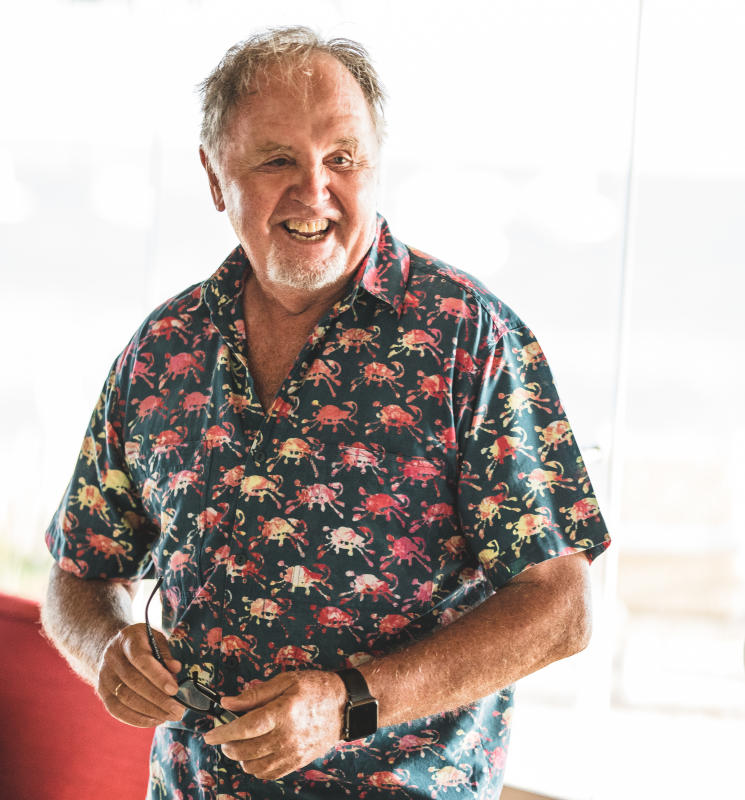×
The Standard e-Paper
Kenya’s Boldest Voice

NAIROBI, KENYA: The name Richard Evans may not immediately ring a bell, but Hemingways Nairobi will probably do. Located in the leafy neighbourhood of Karen, the five-star hotel is part of a local chain Evans built from scratch.
Overlooking the picturesque Ngong Hills, the 45-room hotel is an architectural masterpiece with a design borrowed from an American sports club.